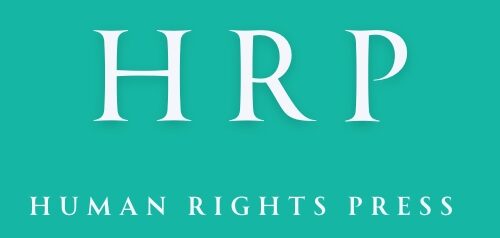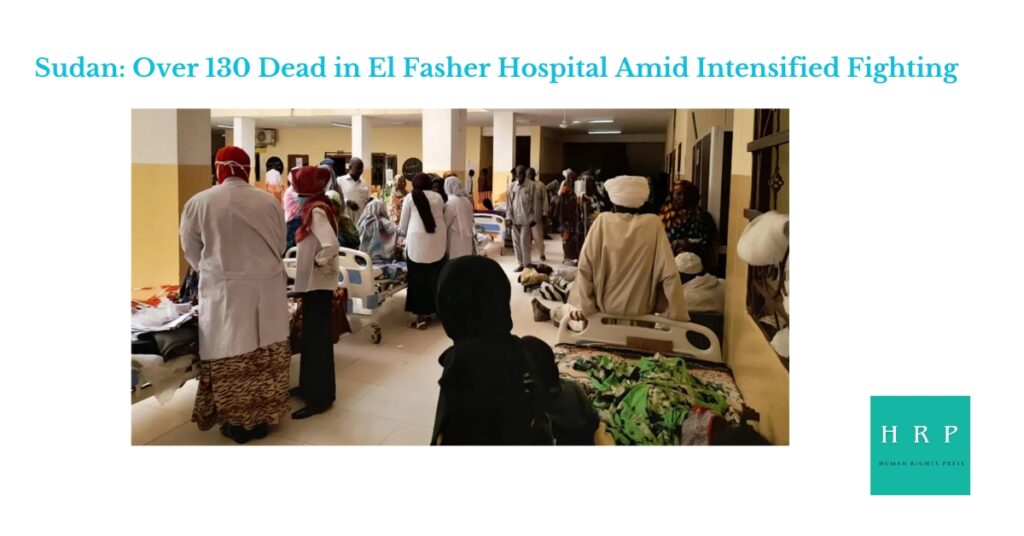In a recent interview with CNN’s Fareed Zakaria, Aryeh Neier, a co-founder of Human Rights Watch and a Holocaust survivor, has made a stark accusation against Israel, stating that he is now convinced the country is “engaged in genocide against Palestinians.” Neier’s statements have sparked significant discussion and controversy, given his prominent background in human rights advocacy and his personal history as a German-born Jewish man who survived the Holocaust.
Neier initially supported Israel’s right to retaliate against Hamas following the deadly attacks on October 7, when Hamas killed 1,200 Israelis and took approximately 200 hostages. However, he expressed deep concern over Israel’s military response, particularly the use of 2,000-pound bombs in densely populated areas, which he described as “utterly inappropriate.” He pointed out that such weaponry is capable of causing death and destruction within a radius of two football fields.
The conflict has resulted in a devastating human toll, with reports indicating that over 35,000 Palestinians, predominantly women and children, have been killed due to Israel’s bombing campaigns, drawing widespread international condemnation.
Neier, who previously led the American Civil Liberties Union, reflected on his change of perspective in an essay for the New York Review of Books. He highlighted that Israel’s persistent obstruction of humanitarian aid to Gaza significantly influenced his stance. “What has changed my mind is its sustained policy of obstructing the movement of humanitarian assistance into the territory,” he wrote.
In a recent tragic incident, Israeli troops opened fire on Gaza residents who were desperately trying to retrieve food from an aid convoy, resulting in 115 deaths and over 750 injuries, according to Gaza’s health ministry. This incident prompted President Joe Biden to authorize humanitarian air drops.
Moreover, more than two dozen humanitarian and human rights organizations have criticized Israel’s restrictive policies on aid to Gaza, arguing that it could render U.S. military support for Israel illegal under the Foreign Assistance Act. This concern was echoed in leaked U.S. memos suggesting potential violations of international law by the White House.
Adding to the controversy, Israeli Prime Minister Benjamin Netanyahu admitted that the recent bombing of a refugee tent camp in Rafah, which killed dozens, was a “tragic mistake.” Netanyahu has previously equated criticism of his government’s actions with antisemitism, a comparison Neier firmly rejected. “Antisemitism has been a great scourge,” Neier told Zakaria, “but it doesn’t insulate the Israeli government from being held to the same standards as other governments around the world.”
Neier’s powerful critique and the ongoing humanitarian crisis in Gaza continue to fuel a global debate on the ethical and legal implications of Israel’s military strategies and the broader issue of human rights in conflict zones.

